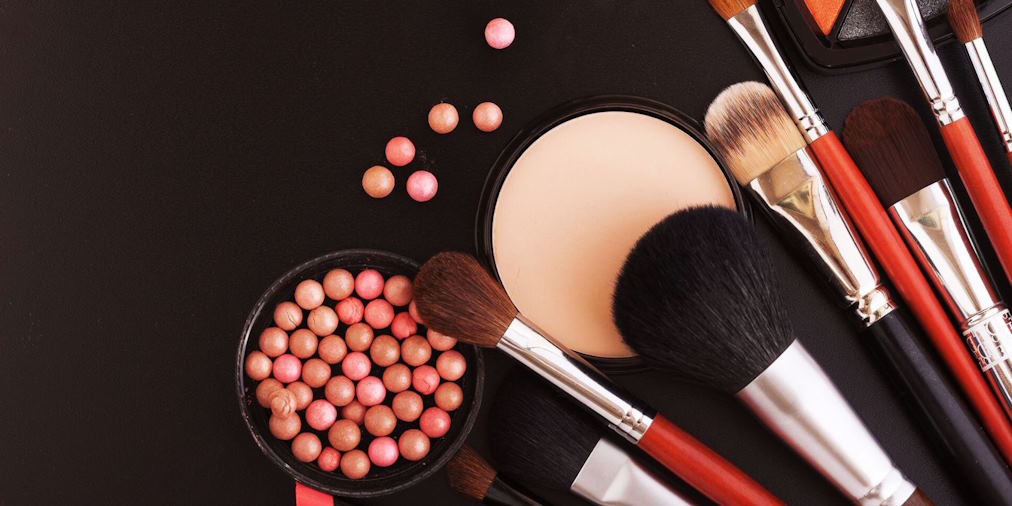In recent times, a noticeable shift has occurred in consumer spending habits, with the demand for beauty care products and services experiencing a decline. This shift raises questions about the underlying factors driving this trend and its implications for the beauty industry.
Changing Priorities Amidst Economic Uncertainty
Economic uncertainty, exacerbated by global events such as the COVID-19 pandemic, has prompted consumers to reassess their spending priorities. With financial concerns taking precedence, discretionary spending on non-essential items, including beauty care products and services, has declined. Many individuals are opting to prioritize essential expenses, such as groceries and healthcare, over beauty-related purchases, leading to a downturn in demand for beauty products and services.
Shift Towards Minimalism and Natural Beauty
There has been a growing trend towards minimalism and embracing natural beauty, with consumers seeking simplicity and authenticity in their beauty routines. Instead of investing in an extensive array of cosmetics and skin care products, many individuals opt for multifunctional, clean beauty products that promote skin health and enhance natural features. This shift towards minimalism reflects a desire for simplicity, sustainability, and authenticity in beauty care, influencing consumer purchasing decisions and contributing to declining demand for traditional beauty products.

Rise of DIY Beauty and Home Remedies
The rise of do-it-yourself (DIY) beauty and home remedies has contributed to the declining demand for beauty care products and services. With the proliferation of online tutorials, social media influencers, and beauty blogs, consumers can access a wealth of information on homemade skincare treatments, haircare remedies, and DIY makeup hacks. Many individuals opt to experiment with DIY beauty solutions using natural ingredients in their kitchen cabinets, bypassing the need for store-bought beauty products and professional services.
Shifting Consumer Behavior in the Wake of Remote Work
The shift towards remote work and virtual interactions has also influenced consumer behavior in the beauty sector. With fewer opportunities for in-person socializing and professional engagements, individuals may feel less inclined to invest in beauty care products and services. The shift towards remote work has blurred the lines between work and leisure, leading to a more casual approach to appearance and grooming. As a result, the demand for beauty care products and services, particularly those catering to formal or special occasions, may experience a decline.


